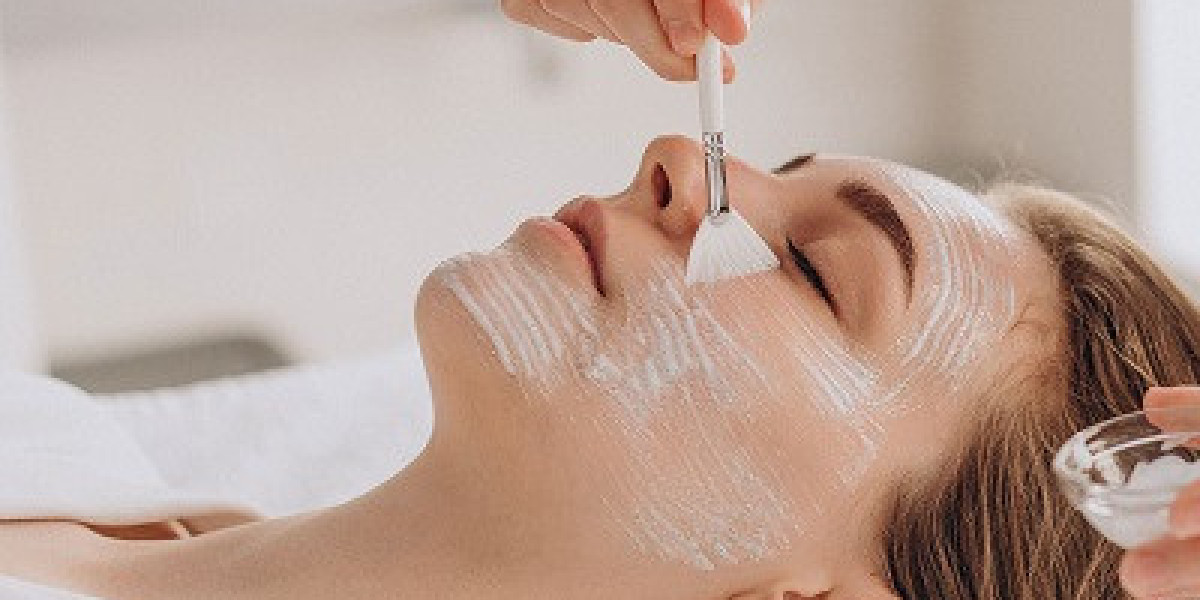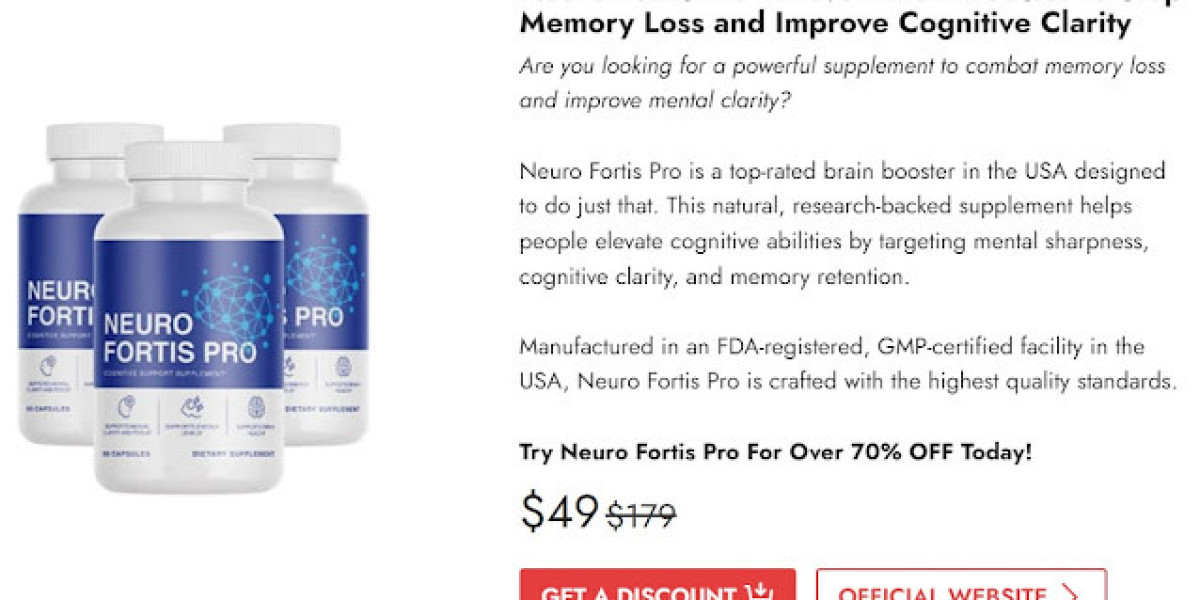Introduction
Chemical peels have emerged as one of the most popular and effective treatments for a wide range of skin issues, including acne scars, hyperpigmentation, fine lines, and dull skin. As individuals increasingly prioritize their skincare routines and seek professional treatments to achieve radiant, youthful skin, chemical peels provide a non-invasive solution with noticeable results. In Oman, where skincare and beauty treatments have seen a significant rise in popularity, many options are available for those looking to rejuvenate their skin. In this article, we will explore how Best Chemical Peels Oman work, their benefits, and some of the best options available to help you make an informed choice for your skincare journey.
What is a Chemical Peel?
A chemical peel is a cosmetic procedure that involves applying a chemical solution to the skin to exfoliate and remove dead skin cells. This process promotes the regeneration of new, healthier skin, leading to improved skin texture, tone, and overall appearance. Chemical peels can be classified into three main types, based on their depth of action: superficial, medium, and deep peels.
Superficial Peels: These are the mildest type and are designed for those with minimal skin concerns. They exfoliate the outermost layer of the skin to improve skin tone and texture.
Medium Peels: These peels penetrate deeper into the skin, making them effective for treating moderate skin concerns such as acne scars, pigmentation, and fine lines.
Deep Peels: Deep chemical peels offer more intense results and are typically used for more severe skin issues, such as deep wrinkles, acne scars, or sun damage. However, they require longer recovery times and a higher level of aftercare.
The procedure is typically quick and can be customized to suit your skin's needs, making it a popular choice for many people seeking glowing, youthful skin.
Benefits of Chemical Peels
Chemical peels offer a variety of skin benefits that can address multiple concerns. Some of the most notable advantages include:
- Improved Skin Texture: Chemical peels remove dead skin cells and promote the production of new, smoother skin, helping to even out rough texture and enhance skin radiance.
- Reduction of Fine Lines and Wrinkles: By stimulating collagen production, chemical peels can help reduce the appearance of fine lines and wrinkles, leading to firmer and more youthful-looking skin.
- Treatment for Acne and Acne Scars: Peels can help reduce acne by unclogging pores, controlling oil production, and promoting the healing of existing blemishes. They are also effective at reducing the appearance of acne scars.
- Hyperpigmentation and Sun Damage: Chemical peels are often used to address pigmentation issues, including sunspots, age spots, and melasma, by speeding up skin turnover and fading discoloration over time.
- Minimized Pore Size: Regular chemical peels can help shrink enlarged pores, giving the skin a smoother and more refined appearance.
Types of Chemical Peels Available in Oman
Oman has a thriving beauty and skincare industry, with a wide variety of options available for individuals looking to undergo chemical peels. Here are some of the most popular types of chemical peels available in the country:
1. Glycolic Acid Peels
Glycolic acid, an alpha-hydroxy acid (AHA) derived from sugar cane, is one of the most commonly used ingredients in chemical peels. It is known for its exfoliating properties and is effective for treating mild skin issues such as uneven skin tone, dullness, and fine lines. Glycolic acid peels are a popular choice for those new to chemical peels due to their mild nature and ability to offer noticeable results with minimal downtime.
2. Salicylic Acid Peels
Salicylic acid, a beta-hydroxy acid (BHA), is particularly effective for individuals with oily or acne-prone skin. It helps to penetrate deep into the pores to clear out excess oil and debris, making it ideal for treating acne and preventing future breakouts. In addition to its acne-fighting properties, salicylic acid peels can help reduce the appearance of acne scars and minimize pore size, making it a highly sought-after option in Oman.
3. TCA (Trichloroacetic Acid) Peels
TCA peels are medium-depth peels that provide more intensive exfoliation compared to glycolic or salicylic acid peels. They are effective for treating a wide range of skin concerns, such as moderate to severe sun damage, pigmentation issues, and more pronounced wrinkles. TCA peels are often used for patients who require more significant skin resurfacing and can offer noticeable results with a short recovery time.
4. Jessner's Peel
A blend of lactic acid, salicylic acid, and resorcinol, Jessner's peel is a versatile treatment that targets a variety of skin concerns, including acne, sun damage, and hyperpigmentation. This medium-strength peel is popular for its ability to treat stubborn skin problems effectively and can be customized to suit the individual’s specific needs. It is often used to improve overall skin tone, reduce scarring, and refresh dull skin.
5. Phenol Peels
Phenol peels are the most potent type of chemical peel and are considered deep peels. They are typically used for patients with severe skin conditions, such as deep wrinkles or extensive sun damage. While they deliver dramatic results, phenol peels come with a longer recovery time and require thorough aftercare. As a result, they are typically performed under local anesthesia and are usually reserved for individuals who require intense skin resurfacing.
Choosing the Right Chemical Peel for Your Skin
When considering a chemical peel, it is essential to assess your skin type, concerns, and goals to determine the best treatment for you. Consulting with a licensed skincare professional in Oman is crucial to ensure that the peel is appropriate for your skin type and condition. Your dermatologist will assess factors such as:
- Skin type: Whether you have sensitive, oily, dry, or combination skin.
- Skin concerns: Whether you are dealing with acne, pigmentation, aging signs, or uneven texture.
- Desired results: Whether you want a gentle glow or more significant skin resurfacing.
A customized treatment plan will ensure that you achieve the best possible results with minimal side effects.
Aftercare and Recovery
Following a chemical peel, proper aftercare is essential to maintain results and prevent complications. After the treatment, your skin may experience redness, peeling, and dryness, which is completely normal. However, it’s important to follow the aftercare instructions provided by your skincare provider, which may include:
- Moisturizing: Keeping the skin hydrated to promote healing and prevent excessive dryness.
- Sun Protection: Using a high SPF sunscreen daily, as your skin will be more sensitive to UV rays after the peel.
- Avoiding Irritants: Refraining from using harsh skincare products or exfoliants that could irritate the skin.
- Gentle Cleansing: Using a mild cleanser and avoiding scrubbing the skin too harshly during the recovery phase.
The recovery time varies depending on the depth of the peel, but most people can resume normal activities within a few days to a week.
Conclusion
Chemical peels are a transformative skincare treatment that can help you achieve smoother, brighter, and more youthful skin. With a range of options available in Oman, from glycolic and salicylic acid peels to more advanced TCA and phenol peels, there is a treatment suited for every skin concern and need. By choosing the right peel and following a professional skincare plan, you can unlock the full potential of your skin and enjoy long-lasting results. Make sure to consult with a qualified skincare specialist in Oman to determine which chemical peel is right for you, and begin your journey to flawless skin today!








